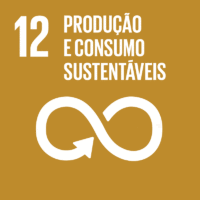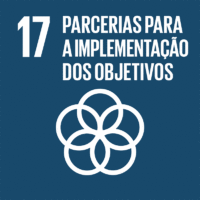Ciência_Iscte
Publicações
Descrição Detalhada da Publicação
The role of institutional and reputational factors in the voluntary adoption of corporate social responsibility reporting standards
Título Revista
Journal of the Academy of Marketing Science
Ano (publicação definitiva)
2011
Língua
Inglês
País
Estados Unidos da América
Mais Informação
Web of Science®
Scopus
Google Scholar
Abstract/Resumo
Firms are uncertain about the value of corporate social responsibility (CSR) reporting, which may involve significant costs. What makes them embark on the initiative? This is the first study to explore the voluntary adoption by companies of the world's most widespread framework of CSR reporting-the Global Reporting Initiative (GRI). The GRI case is impressive because it achieved its status in mere 10 years. The inquiry focuses on the role of the firm's institutional environment and identity communicators as drivers of the adoption of the GRI principles as a reputation management tool. The authors use a duration model to test hypotheses with data on 600 top global companies. The findings indicate that competitive and media pressures together with a company's CSR media visibility and CSR publicity efforts are important determinants of GRI adoption. Also, as the GRI framework becomes more institutionalized, companies pick up more information from prior adopters.
Agradecimentos/Acknowledgements
--
Palavras-chave
Corporate social responsibility voluntary reporting; Global Reporting Initiative; Reputation management; Institutional pressures
Classificação Fields of Science and Technology
- Economia e Gestão - Ciências Sociais
Contribuições para os Objetivos do Desenvolvimento Sustentável das Nações Unidas
Com o objetivo de aumentar a investigação direcionada para o cumprimento dos Objetivos do Desenvolvimento Sustentável para 2030 das Nações Unidas, é disponibilizada no Ciência_Iscte a possibilidade de associação, quando aplicável, dos artigos científicos aos Objetivos do Desenvolvimento Sustentável. Estes são os Objetivos do Desenvolvimento Sustentável identificados pelo(s) autor(es) para esta publicação. Para uma informação detalhada dos Objetivos do Desenvolvimento Sustentável, clique aqui.

 English
English




